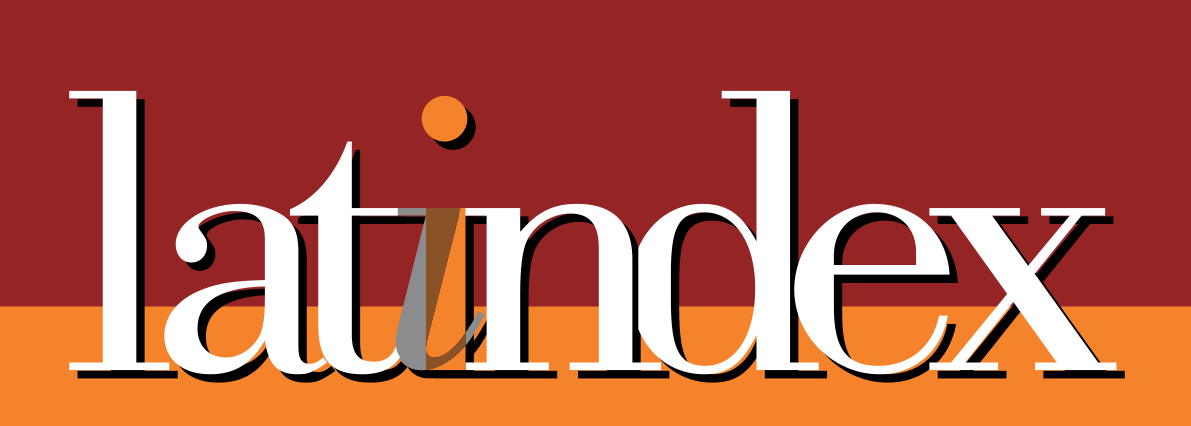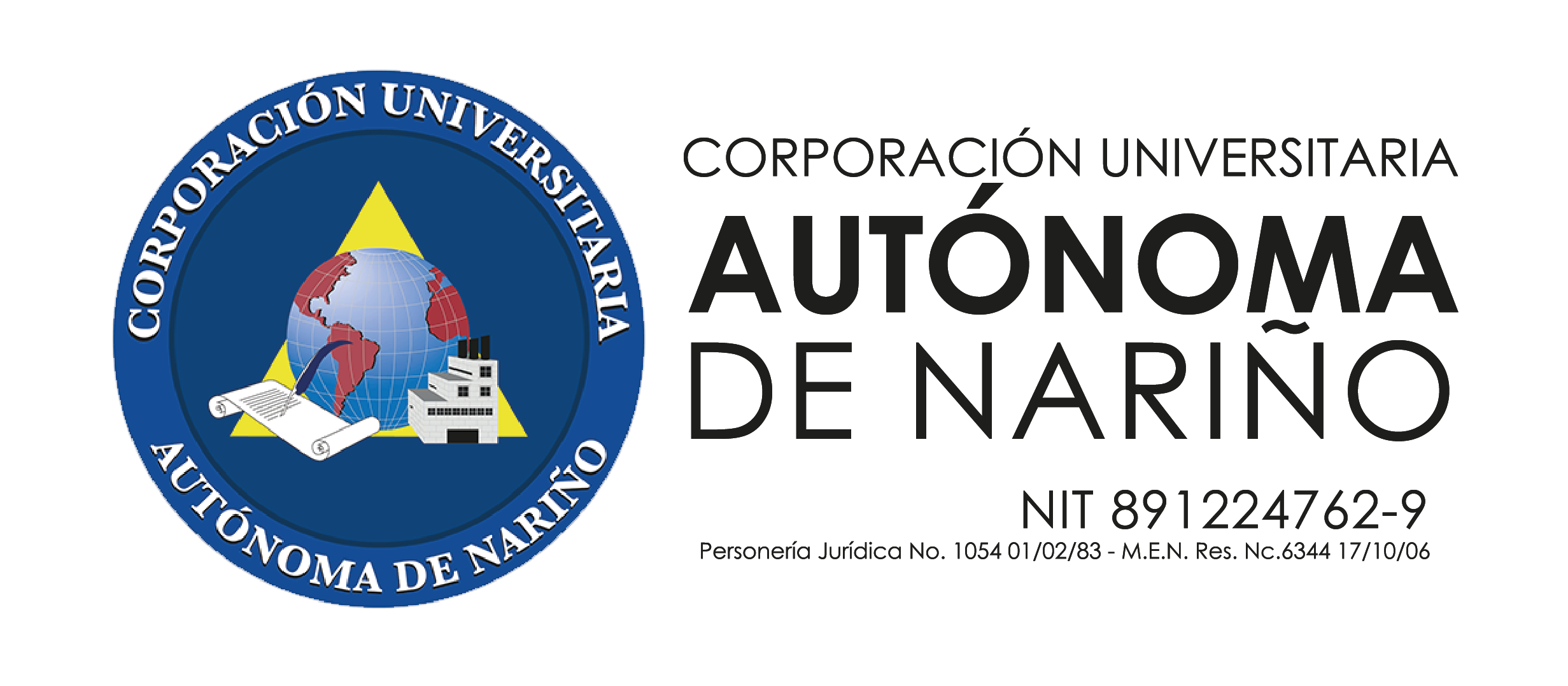Solidarity economy practices in the artisan cooperatives to Campeche, Mexico
Keywords:
crafts, artisans, cooperatives, solidarity economy, tourismAbstract
The objective of this work is to explore the practices of the solidarity economy that in the production and marketing phase are practiced by the members of two artisan cooperatives located in the state of Campeche, Mexico. Both have the particularity of being models of association promoted by government agencies through public policy. In this sense, it is observed that the origin of cooperatives is decisive for their subsequent performance in the economic, social and internal dynamics fields. Using an exploratory and descriptive approach, this study takes up some of the precepts of Solidarity Economy (ES) raised, mainly, by authors such as Coraggio (2001) and Razeto (1993). Methodologically it responds to the Grounded Theory (TF), which allows the creation of theoretical categories from the data, in this case, they were called solidarity economy practices (access to knowledge, solidarity, equity, participatory democracy, self-management). Data was collected from 20 semi-structured interviews with members of the study cooperatives and from participant observation during field visits. It was found that the solidarity economy practices that regulate the organizational dynamics of cooperatives are the product of the administrative requirements imposed, mainly due to government support. The forms of solidarity work, self-management and participatory democracy lack authenticity and commitment on the part of the partners of these organizations.
Downloads
References
Aydoğdu, A., Yaşarsoy, E., & Pamukçu, H. (2019). The suitability of disabled friendly holiday accommodation in Turkey: The case of Kastamonu hotels. Journal of Global Business Insights, 5(1), 19-32. https://www.doi.org/10.5038/2640-6489.5.1.1092
Banco Mundial (2020). Discapacidad. Banco Mundial. https://www.bancomundial.org/es/topic/disability. Fecha de consulta: 11 de octubre de 2020.
Daniels, M. J., Drogin, E. B., & Wiggins, B. P. (2005). Travel Tales: An interpretive analysis of constraints and negotiations to pleasure travel as experienced by persons with physical disabilities. Tourism Management, 26(6), 919-930. https://doi.org/10.1016/j.tourman.2004.06.010
Darcy, S., McKercher, B., & Schweinsberg, S. (2020). From tourism and disability to accessible tourism: a perspective article. Tourism Review, 75(1), 140-144. https://doi.org/10.1108/TR-07-2019-0323
Daruwalla, P. & Darcy, S. (2005). Personal and societal attitudes to disability. Annals of Tourism Research, 32(3), 549-570. https://doi.org/10.1016/j.annals.2004.10.008
de Lorenzo, R. (2003): El futuro de las personas con discapacidad en el mundo: Desarrollo humano y discapacidad. Fundación ONCE.
Fernández, Á., & Grünewald, L. (2016). Ciudades turísticas inteligentes: Seguridad accesibilidad y productos de apoyos en el turismo accesible. En E. Fernández, M. Cálgaro & L. Grünewald (Eds.), Temas de gestión en Hotelería y Gastronomomía (pp. 7-20). Universidad Nacional de Quilmes.
Fernández, M. T. (2009). Turismo Accesible: Importancia de la Accesibilidad para el Sector Turístico. ENTELEQUIA. Revista Interdisciplinar, 9, 211-214.
Figueiredo, E., Eusébio, C., & Kastenholz, E. (2012). How Diverse are Tourists with Disabilities? A Pilot Study on Accessible Leisure Tourism Experiences in Portugal: How Diverse are Tourists with Disabilities?. International Journal of Tourism Research, 14(6), 531-550. https://doi.org/10.1002/jtr.1913
Frejomil, E.P., & Crispín, Á.S. (2002). Estructura regional del turismo en México. Ería: Revista cuatrimestral de geografía, 59, 386-394.
Hughes, B., & Paterson, K. (2008). El modelo social de discapacidad y la desaparición del cuerpo. En Barton, L. (Coord.). Superar las barreras de la discapacidad. Ediciones Morata.
INEGI, Instituto Nacional de Estadística y Geografía (2020). Directorio Estadístico Nacional de Unidades Económicas. INEGI. https://www.inegi.org.mx/rnm/index.php/catalog/587.
Lipianin, E., & Szewczyk, I. (2019). Adaptation of business hotels to the needs of disabled tourists in Poland. Problems and Perspectives in Management, 17(4), 392-403. http://dx.doi.org/10.21511/ppm.17(4).2019.32
Marcos, D., & González, D. (2003). Turismo Accesible. Hacia un Turismo para todos. CerMies.
Muro, L., XMora, C., Olmedo, V., & Moo, M. (2019). Análisis de las estrategias de comunicación y promoción de las páginas web en la difusión de destinos turísticos con ANP: Caso Cozumel. El Periplo Sustentable, 37, 278-310. https://doi.org/10.36677/elperiplo.v0i37.9772
Nyanjom, J., Boxall, K., and Slaven, J. (2018). Towards inclusive tourism? Stakeholders collaboration in the development of accessible tourism. Tourism Geographies, 20(4), 1-23. https://doi.org/10.1080/14616688.2018.1477828
ODO, Open Doors Organization (2020). 2020 Market Study Corporate Price. Open Doors Organization. Open Doors Organization.
OMS, Organización Mundial de la Salud (2001). Clasificación Internacional del Funcionamiento de la Discapacidad y de la Salud. Organización Mundial de la Salud (OMS). https://www.imserso.es/InterPresent2/groups/imserso/documents/binario/435cif.pdf
OMT, Organización Mundial del Turismo (2014). Recomendaciones de la OMT por un turismo accesible para todos. Organización Mundial del Turismo (UNWTO). https://www.e-unwto.org/doi/pdf/10.18111/9789284415991
Paniagua, F., & Huertas, A. (2018). El contenido en los medios sociales de los destinos turísticos y la búsqueda de información de los usuarios. Cuadernos de Turismo, 41, 513-534. https://doi.org/10.6018/turismo.41.327131
Poria, Y., & Timothy, D. J. (2014). Where are the children in tourism research? Annals of Tourism Research, 47, 93-95. https://doi.org/10.1016/j.annals.2014.03.002
Rice, P. (2006). Universal Management: A Proposal to Change the Direction of Accessibility Management in the Australian Tourism Industry to Create Benefits for All Australians and Visitors to Australia. Review of Disability Studies: An International Journal, 2(2), 1-24. https://www.rdsjournal.org/index.php/journal/article/view/352
Rodríguez, C. (2016). Accesibilidad universal. Autonomía personal, (13). 30-35.
SECTUR, Secretaría de Turismo (2019). Estrategia Nacional de Turismo 2019-2024. Secretaría de Turismo. https://amdetur.org.mx/wp-content/uploads/2019/02/Presentaci%C3%B3n-Estrategia-Nacional-de-Turismo-21.02.19-FINAL-comprimido.pdf.
SECTUR, Secretaría de Turismo (2020). Compendio Estadístico del Turismo en México 2020. Secretaria de Turismo. https://www.datatur.sectur.gob.mx/SitePages/ActividadHotelera.aspx. Fecha de consulta: 12 de febrero de 2022.
Szewczyk, I. (2015). Accesible Szczyrk Hotels' Features for Disabled Tourists. 3rd International Scientific Conference Tourism in Southern and Eastern Europe, 3, 369-382.
Yfantidou, G., Spyridopoulou, E., Papaioannou, A., & Balaska, P. (2017). Service innovation in hotels for people with disabilities. 20th Excellence in Services International Conference, 1(1), 835-848.








